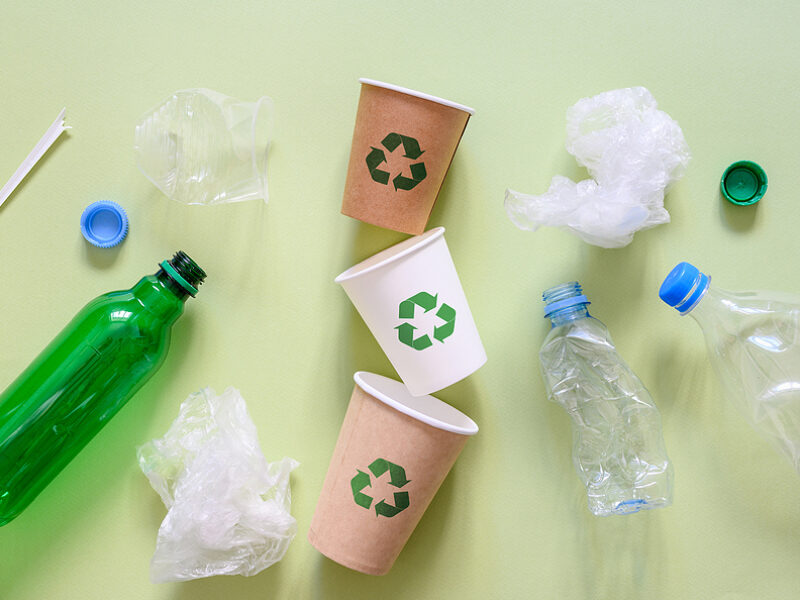
Biodegradable materials have emerged as promising candidates in the pursuit of eco-friendly alternatives to traditional packaging. These materials, derived from natural sources, hold the potential to reduce environmental impact and alleviate the burden on landfills. However, as with any innovation, concerns and challenges accompany the widespread adoption of biodegradable packaging.
In this article, we explore these concerns and dispel any misconceptions, fostering a more sustainable future.
1. Misconceptions Surrounding Biodegradability
One of the primary challenges lies in the misconceptions surrounding the term “biodegradable.” Many assume that any material labeled as such will effortlessly break down in any environment. However, the reality is more nuanced.
Biodegradable materials require specific conditions, including exposure to sunlight, oxygen, and microbial activity, to degrade effectively. A lack of awareness about these requirements can lead to improper disposal and reduced effectiveness.
2. Variable Degradation Rates
Biodegradable materials exhibit varying rates of degradation, influenced by factors such as temperature, humidity, and microbial activity. This variability raises concerns when these materials end up in environments that do not support their breakdown, such as oceans or conventional landfills.
Standardizing testing methodologies and clearly communicating expected degradation rates based on disposal methods can help mitigate these concerns. Additionally, proper waste sorting and disposal practices are essential to optimize the biodegradability of these materials.
3. Lack of Universal Standards and Certification
The absence of universal standards and certifications for biodegradable packaging is a significant challenge. Different regions may have disparate definitions and criteria for what constitutes a biodegradable material. Establishing international standards, akin to recognized certifications for organic products, can instill confidence in consumers and businesses. This would ensure that products labeled as biodegradable adhere to rigorous and consistent criteria.
In Singapore, biodegradable materials generally refer to substances that can decompose naturally through the action of microorganisms, such as bacteria or fungi, into environmentally benign components like water and carbon dioxide. For these plastics, products must meet the “Technical Specifications for Biodegradable Plastics” set by the National Environment Agency.
4. Cost Considerations
Cost considerations remain a prevalent challenge in the widespread adoption of biodegradable packaging. The production of these materials can be more expensive than traditional alternatives, impacting the economic feasibility for businesses.
However, as demand grows and technology advances, economies of scale are likely to bring down production costs. Government incentives and industry collaborations can also further accelerate this transition, making biodegradable options more economically viable.
5. Durability Concerns
Skepticism about the technical performance and durability of biodegradable materials compared to traditional plastics is a common concern. Critics argue that these materials may not possess the necessary strength and resilience, limiting their suitability for various applications.
In reality, the durability of biodegradable packaging depends on the specific material and its intended purpose. While some biodegradable plastics may have limitations in certain applications, advancements in technology have led to the development of robust and resilient alternatives.
Conclusion
Debunking misconceptions about biodegradable packaging is crucial for fostering a more accurate understanding of its environmental impact and functionality. By addressing the above-mentioned concerns, we pave the way for informed decision-making. It is essential to recognize the diversity within the realm of biodegradable materials and acknowledge that well-designed, certified options can offer both sustainability and practicality.
At Allswell Polythene, we are committed to helping consumers make more environmentally friendly choices by offering sustainable plastic packaging. Our wholesale plastic bags in Singapore, as well as other products like black trash bags, ziplock bags, and more, are made from high-quality materials and have undergone a responsible production process. More information about our sustainable practices can be found here.
